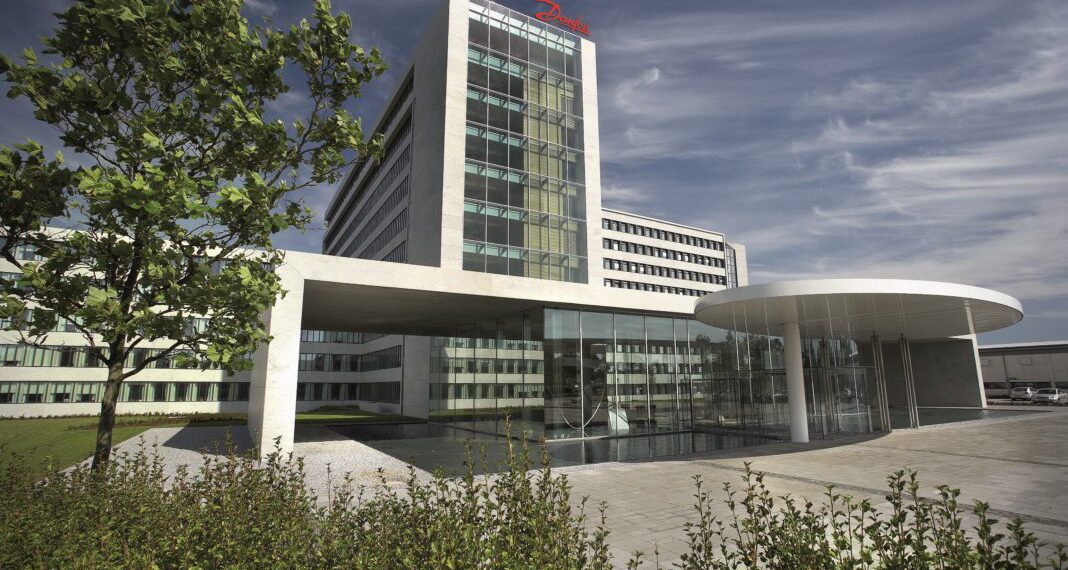Danfoss, which is active in the fields of heating, cooling and drive technology, is calling for the adoption of comprehensive climate protection measures on the occasion of the UN Climate Conference COP26 in Glasgow. According to the company, which is headquartered in Nordborg, Denmark, only if political decision-makers remain committed to the 1.5‑degree target of the Paris Agreement and are prepared to create appropriate framework conditions will the concrete climate protection-related efforts of the private sector have a chance of success.
In the opinion of those responsible, priority must be given to increasing energy efficiency across all sectors, as this is where the greatest potential lies for achieving climate targets while at the same time strengthening economic and employment growth. Experts believe that around 40 percent of the CO2 savings required in the energy sector can be achieved through improved energy efficiency alone. But in fact, figures from the International Energy Agency show that progress in energy efficiency has reached a ten-year low. Globally, only a 0.8 percent increase in efficiency was achieved in 2020. Compared to the previous two years, the rate of increase has thus halved.
In an open letter to COP26 conferees, CEO Kim Fausing joined more than 90 other business leaders in criticizing current policies and calling for a rethink on several levels at once. The signatories of the letter are all members of the Alliance of CEO Climate Leaders and have voluntarily committed to aligning the entire value chains of the companies under their control with the Paris climate targets. Their central point of criticism: despite a commitment in principle to the 1.5‑degree target, countries that are responsible for 60 percent of global CO2 emissions have so far addressed only one-fifth of their emissions share with their directives and regulations. Against this backdrop, the CEOs call for the following steps, among others:
-Take ambitious national action aligned with the Paris Agreement to help cut global CO2 emissions in half by 2030 and to zero by 2050
‑Financially support developing countries’ climate change efforts, including reliably providing the minimum $100 billion already pledged
‑Eliminate fossil fuel subsidies; reduce tariffs on climate-friendly goods; develop market-based, meaningful, and widely accepted carbon pricing mechanisms
‑Incentives and support for development and scaling up of exemplary climate-smart technologies, including existing and proven approaches
‑Investments in climate change adaptation of cities and settlements, as well as infrastructure and supply chains; i.e., in particular: improved disaster mitigation, sustainable and climate-resilient food production, and secure water supplies
“Businesses are ready to step up their investment in climate action — but greater ambition and concrete action is also needed from political leaders if we are to reduce our CO2 emissions to zero by 2050. The time for talk is over.”
- Martin Rossen, Senior Vice President Group Communications and Sustainability

















